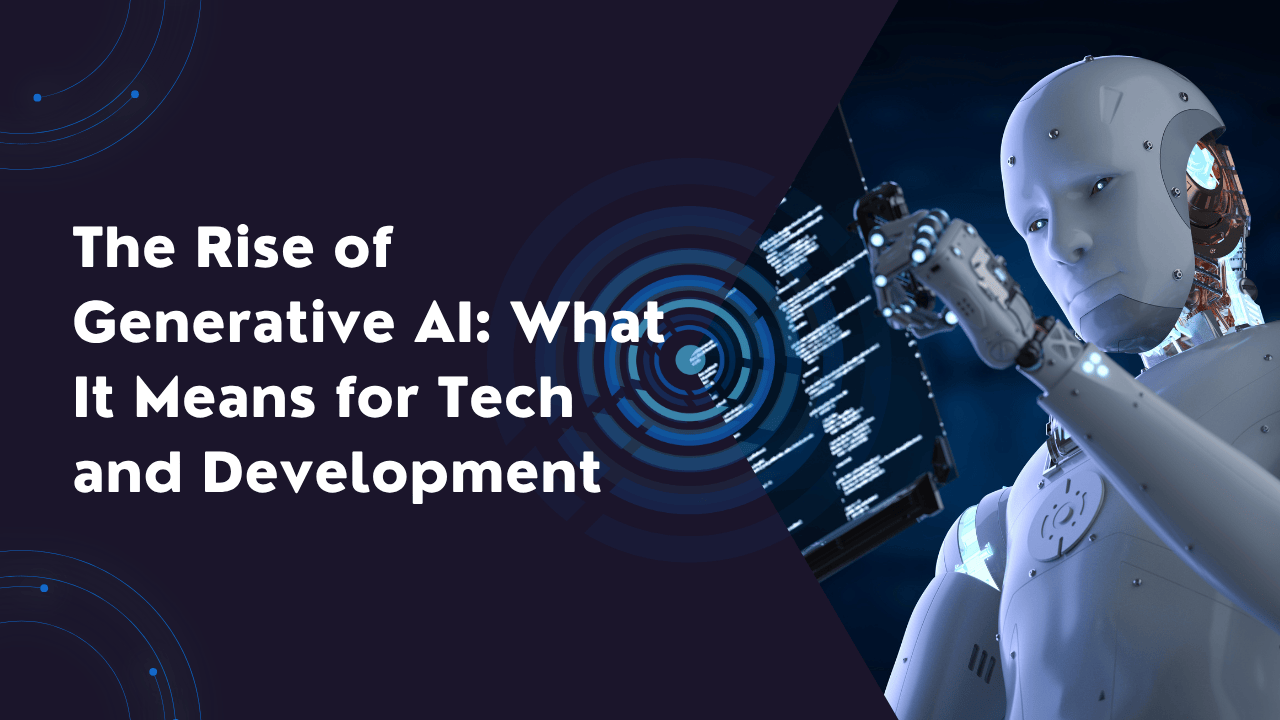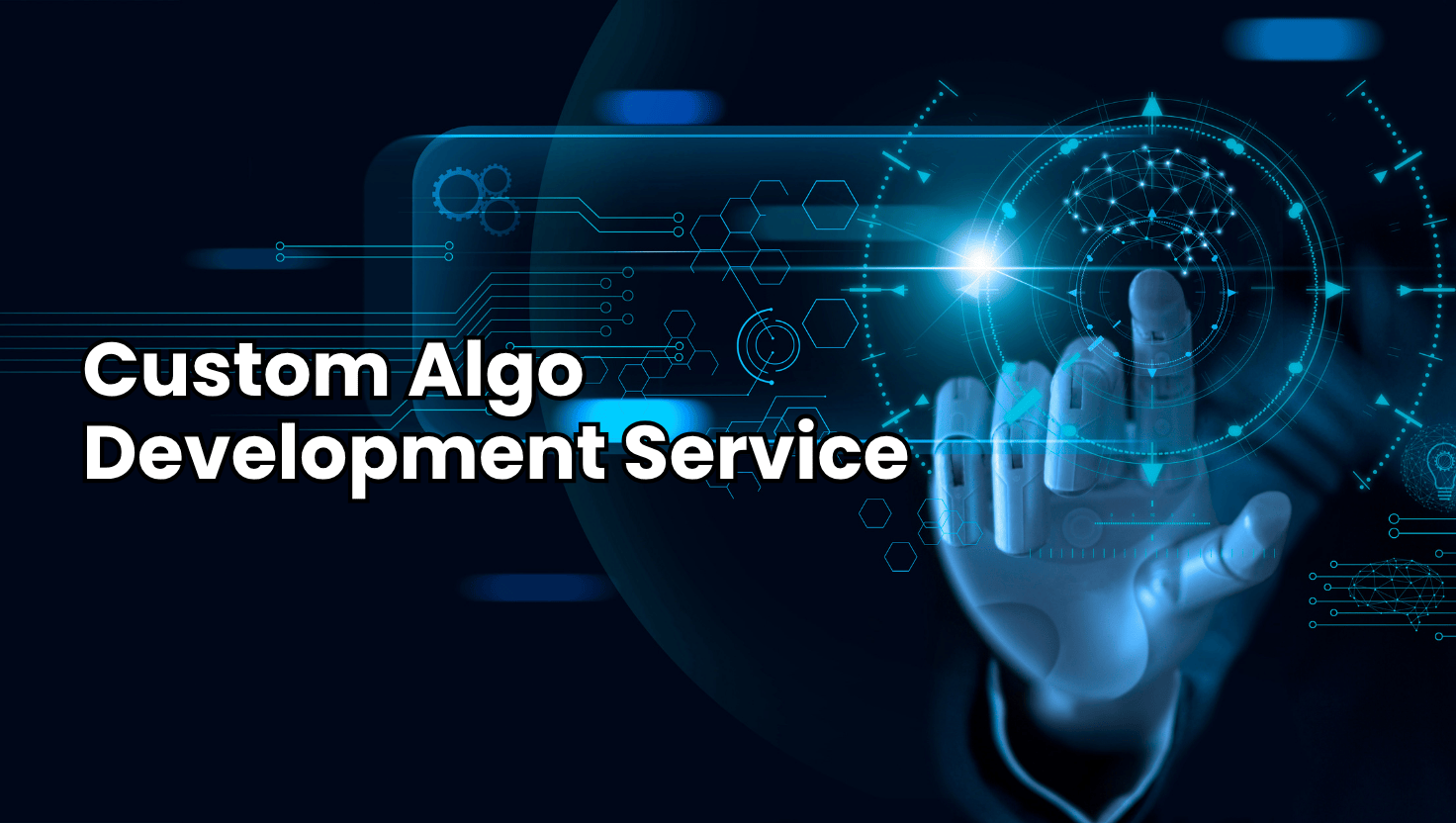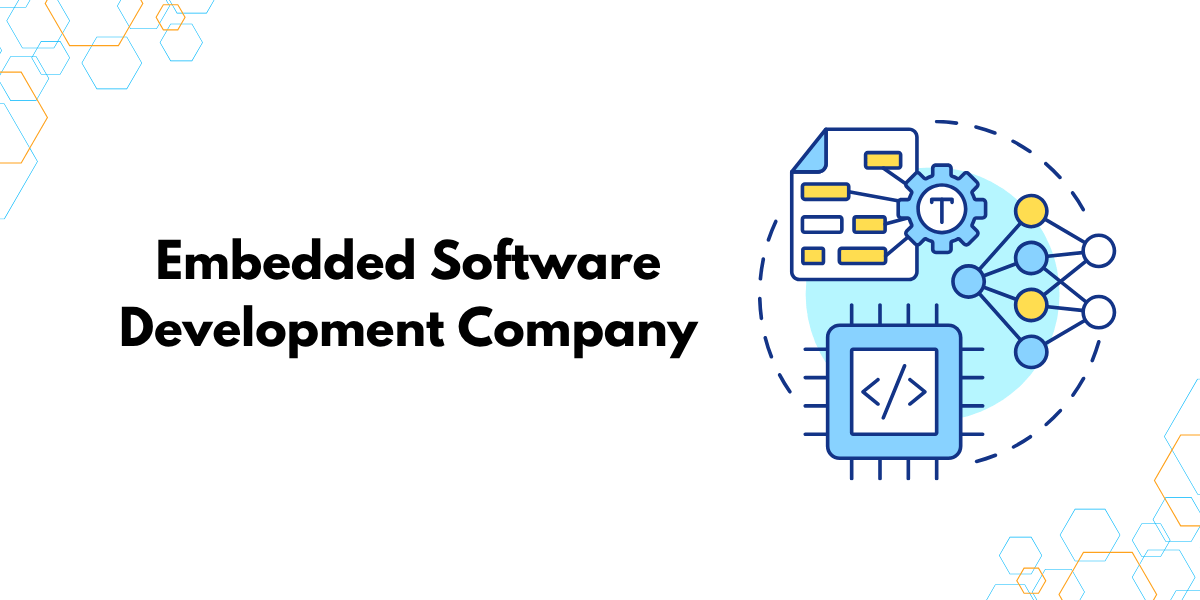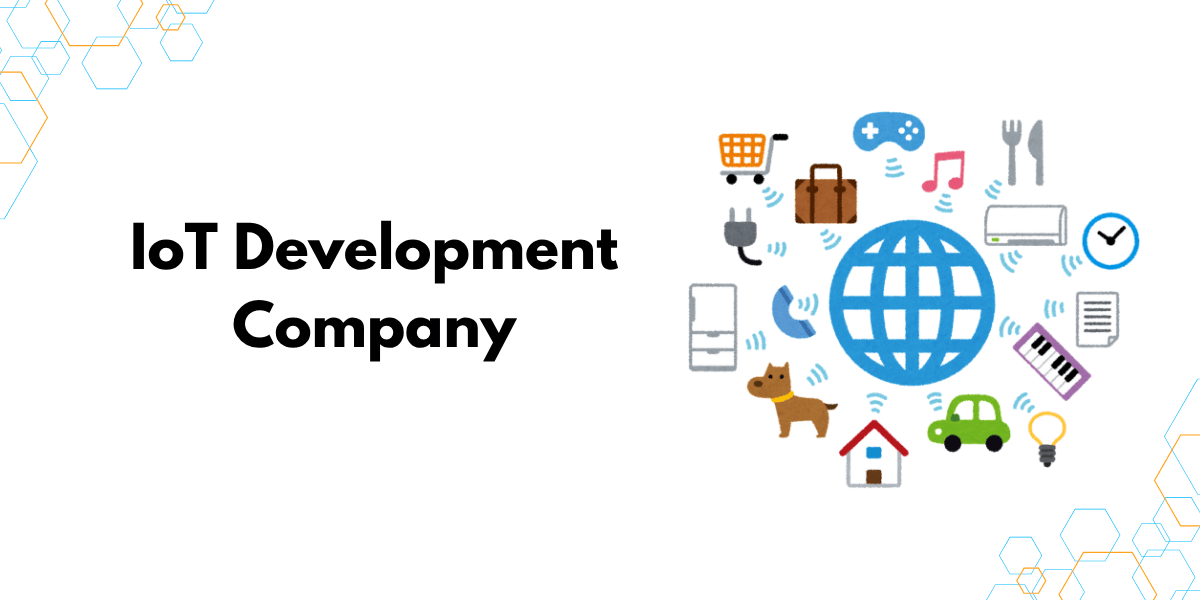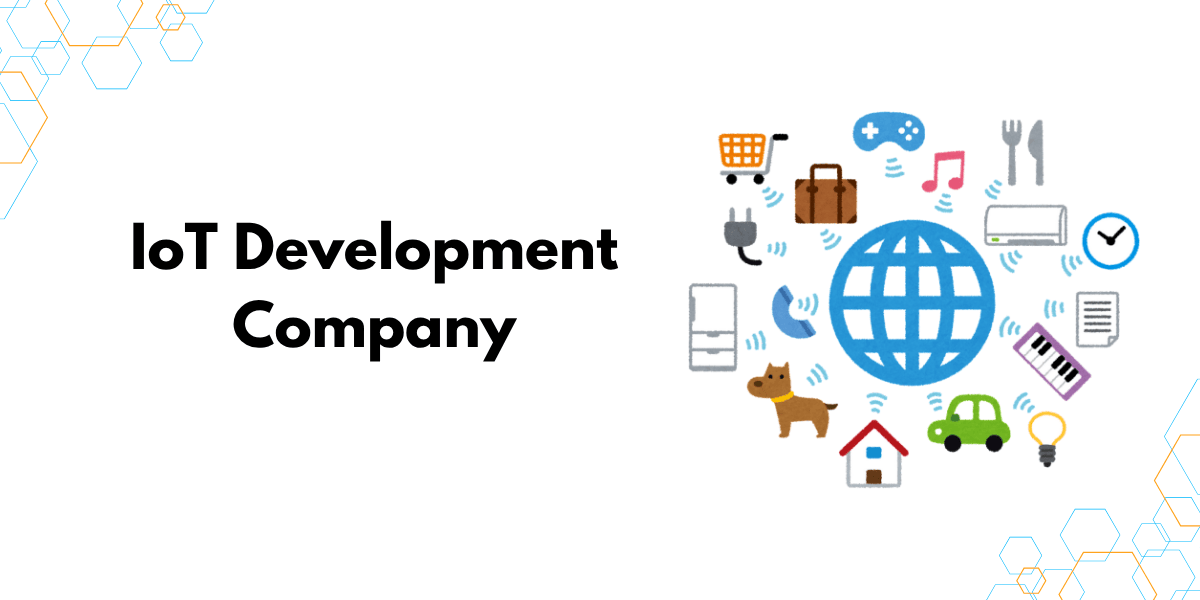Education Data Analytics Services: Transforming Learning Through Data
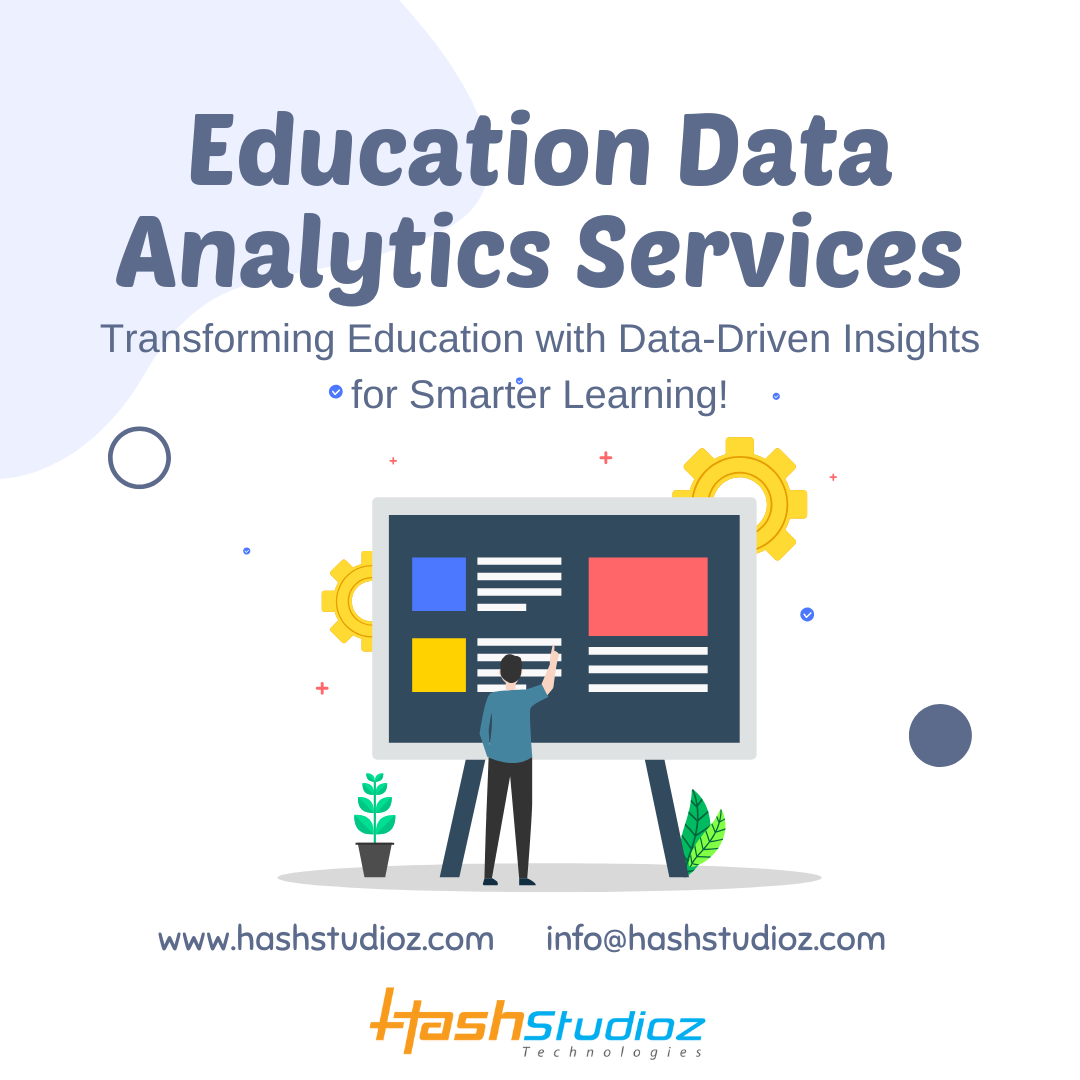
Strong 8k brings an ultra-HD IPTV experience to your living room and your pocket.
The education sector is rapidly adopting data analytics to improve learning experiences, optimize administrative processes, and enhance student outcomes. According to a report by MarketsandMarkets, the global education data analytics market is expected to grow from $19.8 billion in 2022 to $57.2 billion by 2027, highlighting the increasing demand for data-driven solutions in education.
With the integration of AI, machine learning, and big data, educational institutions can gain valuable insights into student performance, engagement levels, and institutional efficiency. In this article, we explore the significance of education data analytics services, their benefits, and how they are reshaping the future of learning.
1. What Are Education Data Analytics Services?
Education data analytics services refer to the collection, processing, and analysis of educational data to drive informed decision-making. These services utilize big data techniques, artificial intelligence, and predictive analytics to extract meaningful patterns and insights from student and institutional data.
Key Components of Education Data Analytics
- Student Performance Tracking – Analyzing grades, attendance, and engagement metrics.
- Predictive Analytics – Forecasting student success and identifying at-risk students.
- Curriculum Optimization – Identifying gaps in course content and areas for improvement.
- Administrative Efficiency – Streamlining operations such as admissions and resource allocation.
- Personalized Learning – Tailoring education based on individual learning styles.
2. Importance of Data Analytics in Education
Improving Student Outcomes
With data-driven insights, educators can identify struggling students early and provide necessary interventions. Adaptive learning platforms use real-time data to adjust content based on student progress, ensuring a more personalized learning experience.
Enhancing Teacher Effectiveness
Teachers can utilize analytics dashboards to track student performance and adjust their teaching strategies accordingly. AI-powered tools can also provide recommendations on how to improve instructional methods based on student engagement levels.
Optimizing Institutional Decision-Making
Administrators can use data analytics to improve operational efficiency. By analyzing enrollment patterns, budget allocations, and faculty performance, institutions can make data-driven decisions that enhance overall performance.
3. Types of Education Data Analytics
Descriptive Analytics
This involves analyzing historical data to understand past trends. Schools use descriptive analytics to assess student performance and identify areas that need improvement.
Diagnostic Analytics
Diagnostic analytics goes a step further by determining the reasons behind student successes or failures. It helps institutions pinpoint the root causes of performance issues.
Predictive Analytics
By leveraging machine learning and AI, predictive analytics forecasts student performance, dropout rates, and success probabilities. Schools can implement proactive strategies to address challenges before they arise.
Prescriptive Analytics
This advanced analytics method suggests specific actions to improve educational outcomes. It provides recommendations based on real-time data and historical trends.
4. How IoT and AI Enhance Education Data Analytics
IoT in Education Data Analytics
The Internet of Things (IoT) allows institutions to collect real-time data through smart devices, biometric systems, and connected classrooms. IoT Mobile Application Development Companies are helping educational institutions integrate IoT solutions to monitor attendance, track student engagement, and improve security.
AI-Powered Learning Analytics
Artificial Intelligence (AI) enables real-time assessment and feedback through automated grading systems, intelligent tutoring systems, and sentiment analysis tools. IoT App Development Services further enhance data collection by connecting multiple devices in an education ecosystem.
5. Key Benefits of Education Data Analytics Services
- Early Identification of At-Risk Students – Helps institutions intervene before students drop out.
- Improved Student Engagement – Adaptive learning models increase motivation and performance.
- Efficient Resource Allocation – Schools can optimize staffing, budgeting, and infrastructure investments.
- Personalized Learning Paths – AI-driven analytics tailor learning experiences for each student.
- Enhanced Decision-Making – Institutions make informed choices based on real-time data insights.
6. Challenges in Implementing Education Data Analytics
Data Privacy and Security Concerns
With large amounts of student data being collected, cybersecurity and privacy remain critical challenges. Institutions must comply with data protection regulations like FERPA (Family Educational Rights and Privacy Act) to safeguard student information.
Integration with Legacy Systems
Many educational institutions still rely on outdated IT infrastructure, making data integration a significant challenge. Modern IoT Application Development Solutions help bridge this gap by providing seamless connectivity between legacy and modern systems.
Lack of Data Literacy Among Educators
For analytics to be effective, educators must be trained in data interpretation and decision-making based on insights. Institutions should invest in professional development programs to empower teachers with data-driven skills.
7. Best Practices for Implementing Education Data Analytics
- Ensure Data Security Compliance – Adhere to regulations like GDPR and FERPA.
- Use AI and IoT Integration – Leverage smart technologies for real-time data collection.
- Train Educators in Data Literacy – Provide training sessions for teachers and administrators.
- Adopt Cloud-Based Analytics Platforms – Cloud solutions enable scalability and real-time access to data.
- Continuously Improve Data Models – Use feedback loops to enhance predictive analytics models.
8. Future Trends in Education Data Analytics
AI-Driven Predictive Analytics
AI-powered tools will continue to enhance predictive models, making student success forecasting more accurate.
Blockchain for Data Security
Blockchain technology is expected to play a key role in securing student records and ensuring tamper-proof data storage.
Increased Adoption of IoT and Wearables
Wearable technology and IoT devices will provide real-time biometric data to track student stress levels, attendance, and engagement.
Personalized AI Tutors
AI-powered tutors will offer personalized learning experiences, helping students learn at their own pace.
Conclusion
Education data analytics services are revolutionizing the way institutions operate and students learn. With the integration of AI, IoT, and big data analytics, educational institutions can create personalized learning environments, optimize resources, and improve overall academic success. However, institutions must address data privacy concerns, invest in educator training, and adopt best practices to fully leverage the power of data analytics in education.
Note: IndiBlogHub features both user-submitted and editorial content. We do not verify third-party contributions. Read our Disclaimer and Privacy Policyfor details.



